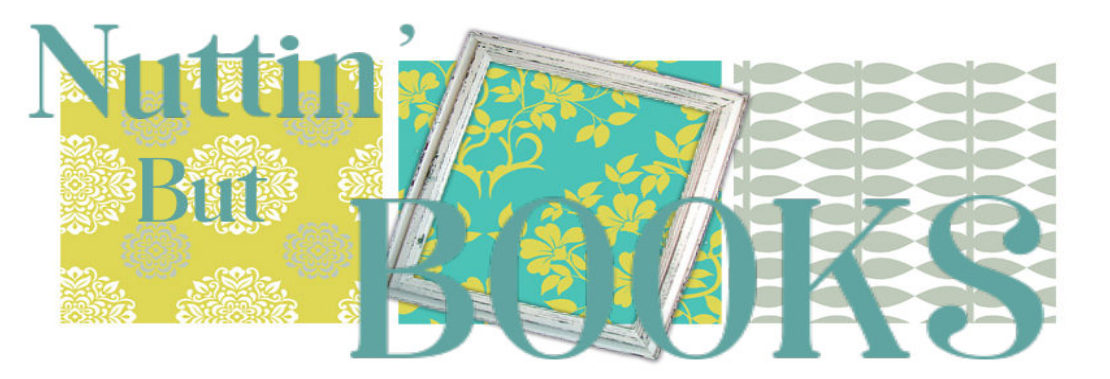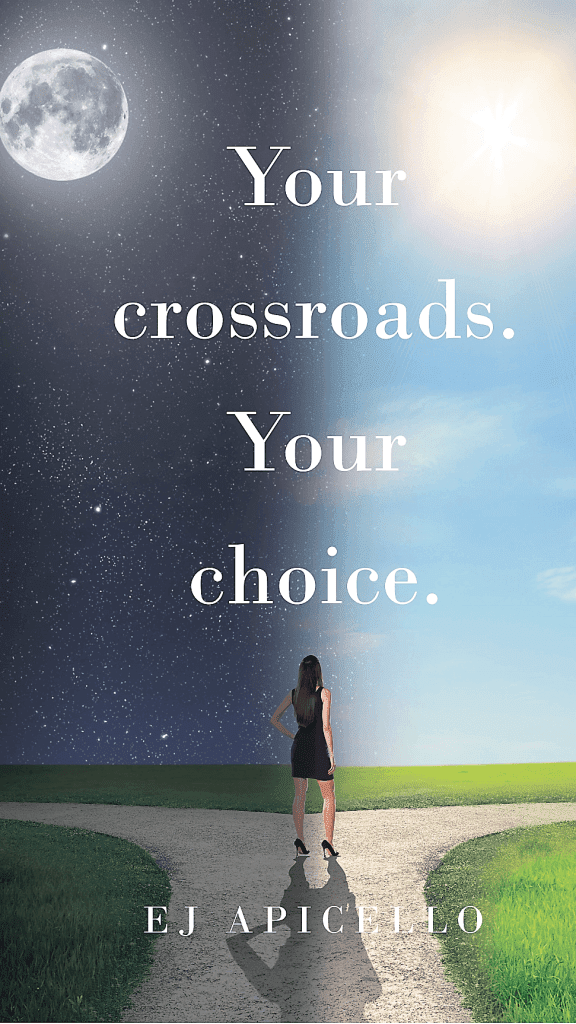Jane Godman writes paranormal romance for Harlequin
Nocturne and SMP Romance, thrillers for Harlequin Romantic Suspense, and steamy
historical and gothic romance.
Jane also writes erotic romance as Amanda Stewart.
Her latest book is the romantic suspense, The
Soldier’s Seduction.
WEBSITE & SOCIAL LINKS:
WEBSITE | TWITTER | FACEBOOK | GOODREADS
About the Book:
Title: THE SOLDIER’S SEDUCTION
Author: Jane Godman
Publisher: Harlequin
Pages: 288
Genre: Romantic Suspense
Author: Jane Godman
Publisher: Harlequin
Pages: 288
Genre: Romantic Suspense
BOOK BLURB:
From
the front lines to unexpected romance—and danger—in small-town Wyoming
After
a war zone bomb nearly destroyed Bryce Delaney, he’s worked hard to hide his
scars. Back in his Wyoming
hometown, he can pretend the nightmares don’t exist. But when a secretive,
beautiful new woman in town disappears, Bryce’s protective instincts put him on
the front lines again.
Wanted
for murder and on the run under an alias, former A-list actress Steffi Grantham
can’t return to her life until she clears her name. It’s her boss, Bryce, to
the rescue, but desire ties them together, and she’s forced to make a choice
that could cost them both. Trusting the wrong man once before almost stole her
freedom. Now it might take her life.
ORDER YOUR COPY:
Amazon | Barnes & Noble
What’s inside the mind of a Romantic Suspense author?
You have to be prepared to torture your characters…and your
readers! In a romantic suspense story, the hero and heroine are thrown into
danger right from the start. The romance and the suspense happen alongside each
other at a fast pace and there are lots of twists and turns along the way. And,
as a romantic suspense author, you also have to be good at keeping secrets.
But, of course, you get to share in your hero and heroine’s
happy ending, so that’s always a fun moment!
What is so great about being an author?
It’s a wonderful feeling when you see a finished book. It’s even
better to get feedback from readers who have enjoyed the story. I love hearing
from readers and am thrilled when people take the time to contact me to tell me
what they think of my books. That’s the best part of being a writer.
When do you hate it?
When a deadline is looming. I’ve never failed to make a
deadline, but there is always a sense of doom about that approaching date on
the calendar. It puts pressure on me to write and that makes it harder to get
things done. I’m more creative if I can do it in my time.
What is a regular writing day like for you?
I get up early and write for a few hours. Then I do social
media/ promotional stuff. I also try to do some more writing or editing in the
afternoon or evening.
How do you handle negative reviews?
I want to say I don’t let them bother me, but I’m human so
of course they do. Instead, I’ll say I try to be realistic about them. I accept
that not everyone is going to like my books. Everyone has a right to their
opinion.
Sometimes I wish people would consider whether a book is
right for them. Reviews that start “I’m not a fan of (insert genre)…” are never
going to end well. And one of my personal dislikes is a one star review for a
book that a reviewer didn’t finish. I would never write a review for a book
unless I had done the author the courtesy of reading the whole book. It’s like
review a hotel when you’ve been in the lobby.
How do you handle positive reviews?
You mean after I’ve finished skipping around the room? Of
course I love positive reviews, who doesn’t? But I don’t respond to reviews on
Goodreads or Amazon because those sites are for readers to share their opinions
with other readers.
If a reader contacts me directly (on Twitter, Facebook, via
email, or through my website) to say they’ve enjoyed my books, then I’m happy
to chat with them and thank them for taking the time to post a review.
What is the usual response when you tell a new
acquaintance that you’re an author?
It ranges from stunned silence to exclamations and questions.
When I say I write for Harlequin/Mills & Boon there can be some assumptions
about the type of books I write. There are people who can be quite rude and
talk about “bodice rippers”. Then there are some questions about how I research
my sex scenes! I reply by saying the same way I research my murder scenes.
A few people say “Oh, I could write a book, if I had the
time.” Most people are really supportive and think it’s great!
What do you do on those days you don’t feel like writing? Do
you force it or take a break?
Luckily it doesn’t happen to me very often. I find it hard
to force myself to write if I’m not in the mood, so I try to take a break and
do something else. Go for a walk, pull up a few weeds in the garden, read a new
book.
Sometimes what works is putting aside the current project
and making a few notes on something new, or starting a Pinterest board. That
can often kickstart, or restart, my inspiration.
Any writing quirks?
Not really. I suppose my quirkiest habit is that I sometimes
write the ending of the book first. But I’m not sure it’s a quirk because I
don’t know how many other writers do it!
What would you do if people around you didn’t take your
writing seriously or see it as a hobby?
For a long time my writing was my hobby, but even then, my family took it seriously. I suppose
if that happened I’d have to sit them down and explain how much it meant to me.
If they didn’t listen? I’ve never thrown a mom-tantrum, but there’s a first
time for everything…
Some authors seem to have a love-hate relationship to
writing. Can you relate?
Ernest Hemingway said. “There is nothing to writing. All you
do is sit down at a typewriter and bleed.”
I love writing. I don’t get the hate side of the
relationship at all, but I see other authors going through agony so I know it’s
real. I don’t know what I’d do if writing made me cry because I couldn’t stop,
so in that sense, yes, I can relate.
Do you think success as an author must be linked to
money?
In a word? No! If you are writing for money, you are writing
for the wrong reasons (and, to be honest, it will show up on the page). No one
does this for money. Success is when you write something you can be proud of. It’s
a wonderful bonus if it gets published and other people enjoy it. If it earns
you money as well, that’s a privilege.
What has writing taught you?
Writing has taught me to be humble. No matter how good I
think I am, I can still learn and get better.
It has also taught me to go for it. Life is too short and
precious not to. I have a brain tumor that was diagnosed while I was writing
Otherworld Protector, the first of my Harlequin Nocturne titles. I’m one of the
lucky ones. My tumor is low grade and slow growing. I was determined to finish
that book and keep writing. I did, and I’ve since written twelve books with
several more to come. If I can do it… so can you!
Leave us with some words of wisdom.
My words of wisdom are linked to the question above. I tell
people about my brain tumor to give the message that everyone should go for their
goals, no matter what life throws your way. Climb the mountain, run the
marathon, paint the picture…write the book.

































